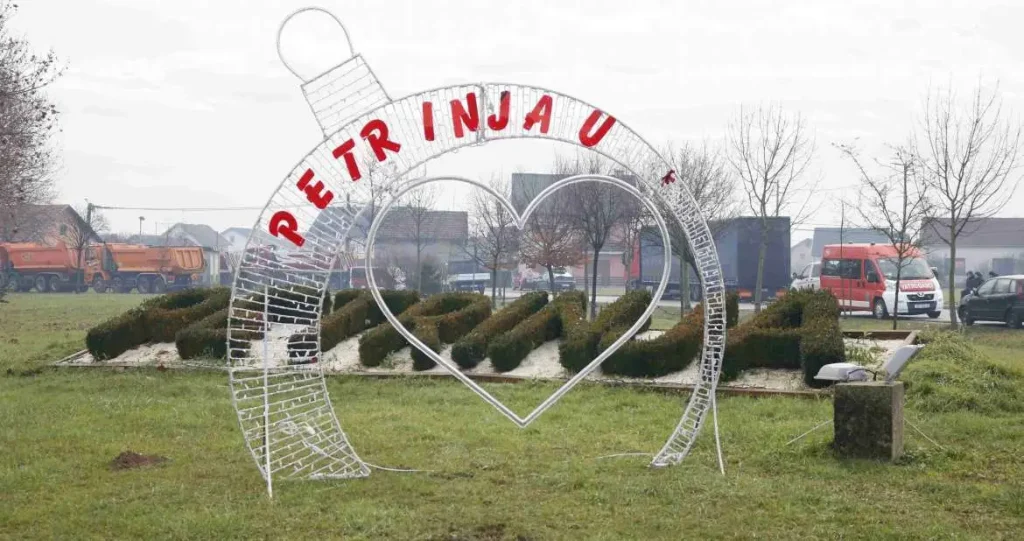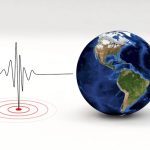As Poslovni Dnevnik writes, one year and one day ago, the Central Croatian region of Banovina was hit by a devastating earthquake of magnitude 6.2 on the Richter scale with an epicentre located a mere 5 kilometres southwest of Petrinja. A year later the ground is still shaking and Petrinja is still suffering terribly as a result.
”The expected usual phenomenon that follows after each strong earthquake has shown itself to be true, a series of subsequent earthquakes have been going on for a long time in Petrinja now. The stronger the main earthquake, the longer the subsequent series lasts, and it contains earthquakes that are stronger considering the strength of the main one,” Kresimir Kuk, a well known Croatian seismologist, pointed out when in conversation with HRT.
”The southern coast, in fact the whole of southern Croatia is seismically more endangered than the rest of Croatia is, stronger earthquakes are possible there. In a longer period of time there are earthquakes that are also more frequent. There may be earthquakes which strike with an intensity of about 7 on the Richter scale down in Dubrovnik, and they’ve happened in the past,” added Kresimir Kuk.
”Now they’re monitored more in this country, and when looking at some sort of longer period of time, then no, we couldn’t really say that global seismic activity on earth has intensified. There are always periods when such activity is more pronounced and when it’s weaker, both in this country and everywhere else. The fact is that now after these earthquakes, both in Zagreb and Petrinja, earthquakes that are located much further away from us are being reported in the media,” explained seismologist Kresimir Kuk.
Earthquakes in the rest of the world
Kresimir Kuk noted that recent earthquakes over in Japan, where their magnitude is a horrifying 8 on the Richter scale aren’t at all uncommon for the area, but that such countries also have infrastructure adapted entirely to it, so it doesn’t usually cause much damage to a lot of people living there.
“I had the opportunity to talk to the Chilean media after the Croatian earthquakes struck, and they were terribly surprised by the horrible consequences of a 6.2 magnitude earthquake,” he said, adding that earthquakes in places such as Chile are much, much stronger, that there are several parameters that are different, such as the depth of the earth where the earthquake occurs because the epicentre is closer to the surface, and in such cases the more devastating the earthquake is, and a couple of other geographical factors.
A seismological network here in Croatia is being set up…
”We installed the network as soon as we got it all through a government intervention, immediately after the series of Petrinja earthquakes. They record a lot of earthquakes, and they record data which is of great importance that will be used in the coming decades in various scientific disciplines, not just seismology. So far, in the wider Petrinja area, so in the Banovina area, we’ve recorded about 1,400 earthquakes of magnitude greater than 2. There have been two earthquakes of magnitude 5, about 17 earthquakes of magnitude between 4 and 5, so a huge amount of earthquakes have taken place and a large amount of data hasn’t been processed,” he explained.
”The soil in the Petrinja area is still very active, it is now beginning to calm down, but this is simply a process that lasts and is not uniform,” warned seismologist Kresimir Kuk.
For more, check out our dedicated lifestyle section.











